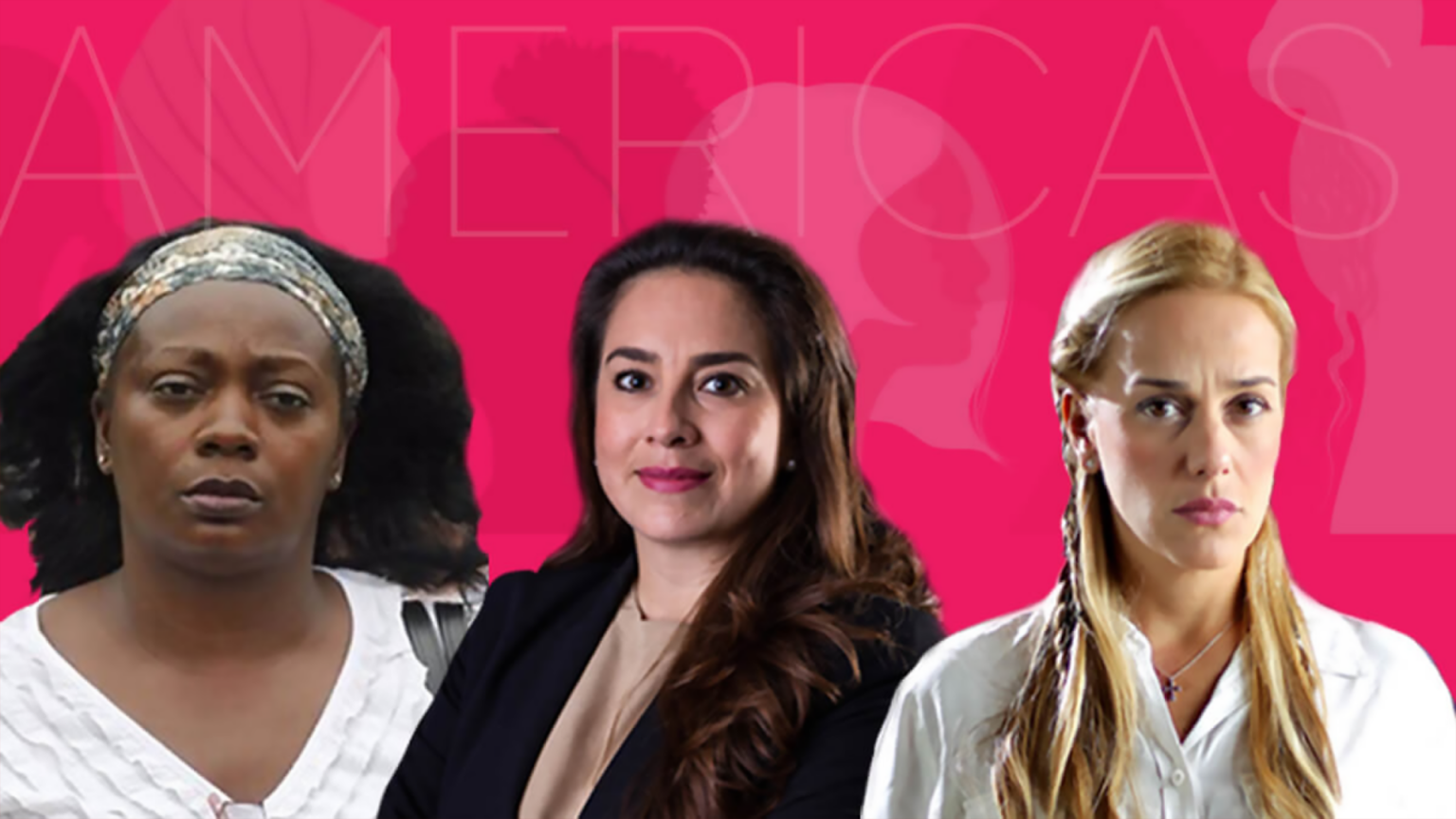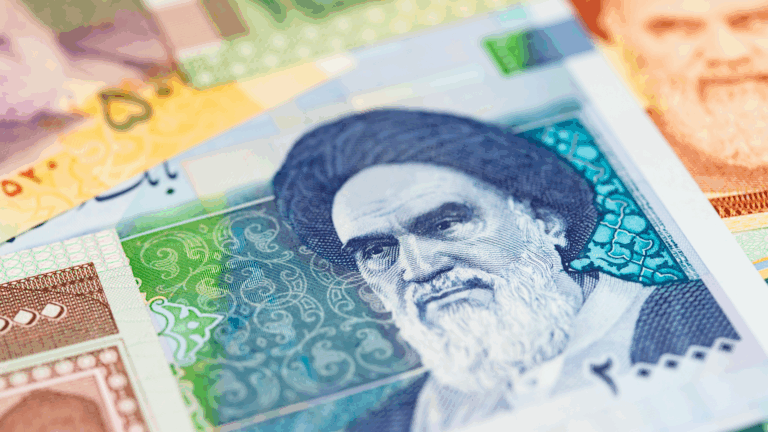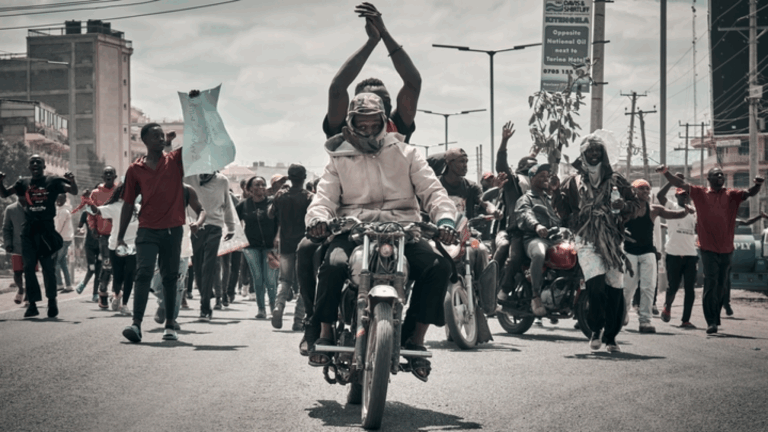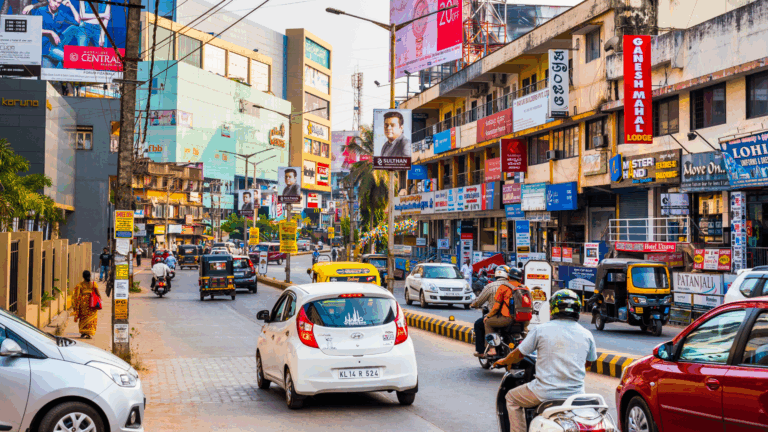Women in Cuba, Venezuela, and Nicaragua have become the face of resistance against the dictatorial regimes ruling their countries in recent years. Despite constant harassment, threats, and violence, these women have shown remarkable resilience in their pursuit of democracy, justice, and the liberation of prisoners of conscience. Through consistent advocacy and activism, they have mobilized their communities and garnered international attention to the regimes’ abhorrent human rights abuses.
In Venezuela, Lilian Tintori has shown immense resilience in her struggle for democracy and human rights. Her husband, Leopoldo López, a prominent Venezuelan opposition leader, was sentenced to nearly 14 years in prison in 2014 on trumped-up charges of inciting violence during widespread anti-dictatorship protests.
Tintori refused to remain silent, becoming a vocal advocate for her husband’s release and the rights of all prisoners of conscience in Venezuela. In 2015, Tintori met with then-Vice President Joe Biden, OAS Secretary General José Miguel Insulza, Amnesty International Secretary General Salil Shetty, and several UN officials, all of whom publicly called for the release of her husband and all other Venezuelan prisoners of conscience.
The Maduro regime retaliated. Less than 48 hours after the meetings, several armed and masked officers broke into López’s jail cell, forcibly moving him to an isolated cell with degrading conditions. In 2017, while she was four months pregnant with their third child, Tintori was barred from leaving Venezuela before a European tour during which she planned to meet with several heads of state.
In Nicaragua, prominent journalist Berta Valle faced similar challenges. In 2021, her husband, Felix Maradiaga, was among seven opposition presidential candidates detained on bogus charges of terrorism and conspiracy. It took 84 days for Valle and her family to receive proof of Maradiaga’s life, as he was held incommunicado in horrid conditions.
While in exile and less than two months after her husband’s arrest, the Nicaraguan National Police and Public Ministry opened an investigation into Valle under the controversial Law 1055. She was accused of being a “traitor to the homeland” because of her international advocacy for her husband and others like him.
Before her husband’s arrest, Valle was a prominent advocate for democracy in Latin America. In 2016, the Independent Liberal Party (PLI) nominated her to represent the capital city of Managua in the National Assembly. The subservient Nicaraguan Supreme Court disqualified the party’s electoral coalition, preventing Valle from running. And since 2019, Valle has led Voces en Libertad, a nonprofit organization promoting cooperation among Nicaragua’s independent journalists who fled the country following the brutal crackdown of the 2018 nationwide pro-democracy protests.
Like Valle, Cuba’s Berta Soler has shown the utmost resilience in the face of a brutal dictatorship. On Feb. 12, Soler was arrested for the 39th time in less than a year for exposing the Cuban regime’s human rights violations. She is the leader of the Ladies in White movement, a group of over 400 female family members of current and former prisoners of conscience. The Ladies in White gather every Sunday in public spaces, dressed in white, to protest for the freedom of prisoners of conscience and demand democracy and respect for human rights.
The Ladies in White movement began in 2003, after the Black Spring crackdown on political dissent. Soler’s husband, Angel Moya, was among the 75 members of the opposition group, “The Assembly to Promote Civil Society,” who were arrested and sentenced to 20 years.
For almost two decades, the Ladies in White, with Soler as their leader, have been subjected to repression by the Cuban regime. Soler’s family has been constantly harassed and her peaceful protests are often met with vicious police violence. On several occasions, state security officers have hit her and other members of the movement with closed fists, twisting their wrists, intending to break their bones. The regime’s repression against Soler and the Ladies in White has intensified in the past couple of years, as they demand for the release of prisoners of conscience from the protests on July 11, 2021 – the largest pro-democracy demonstrations in the country since the 1990s. Despite all this, Soler is determined to stay in her country and promote democratic freedoms from within.
The unwavering activism of Tintori, Valle, and Soler has gotten positive results. After spending more than a year at the embassy, López was eventually granted asylum by the Spanish government; he left Venezuela in October 2020 and reunited with his family. Valle’s tireless promotion of democratic freedoms and human rights resulted in the release of her husband and 221 other prisoners of conscience who were forced into exile in February. The Ladies in White movement contributed to the conditional release of Soler’s husband and the 74 other Black Spring prisoners of conscience after seven years in jail. And in the last year, the movement has gained several new members to help call for the release of the 11J prisoners of conscience.
Tintori, Valle, and Soler won’t stop any time soon. Maradiaga reunited with his wife, but is now stateless after being stripped of his citizenship and assets by the Nicaraguan regime. Berta Soler continues to be arrested and harassed by the Cuban dictatorship. And although she can’t return to Venezuela, Tintori supports her husband’s work and the Venezuelan pro-democracy movement from abroad. Their fight continues, and their stories remind us of the power of pro-democracy movements — and the important role women play in them.








